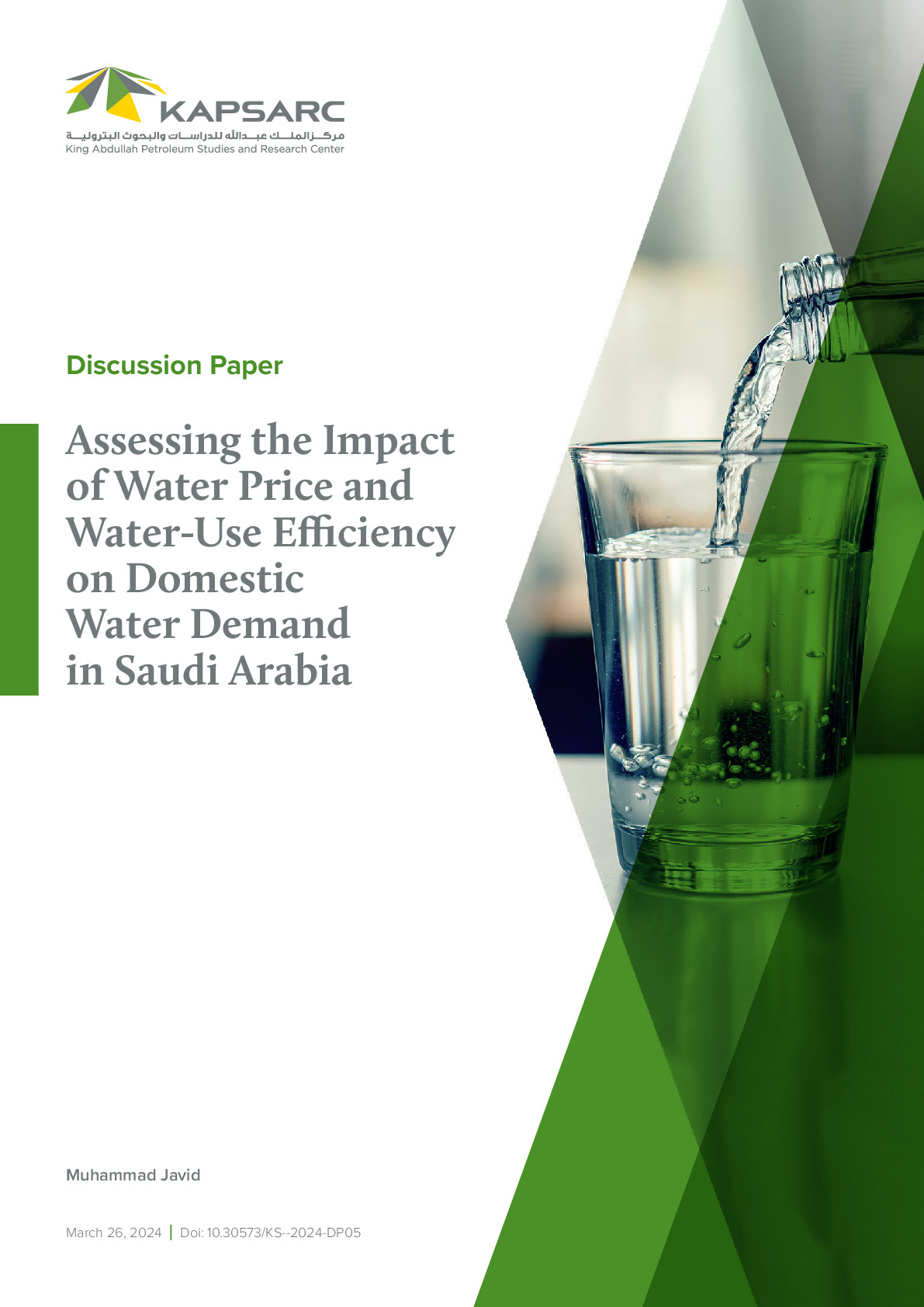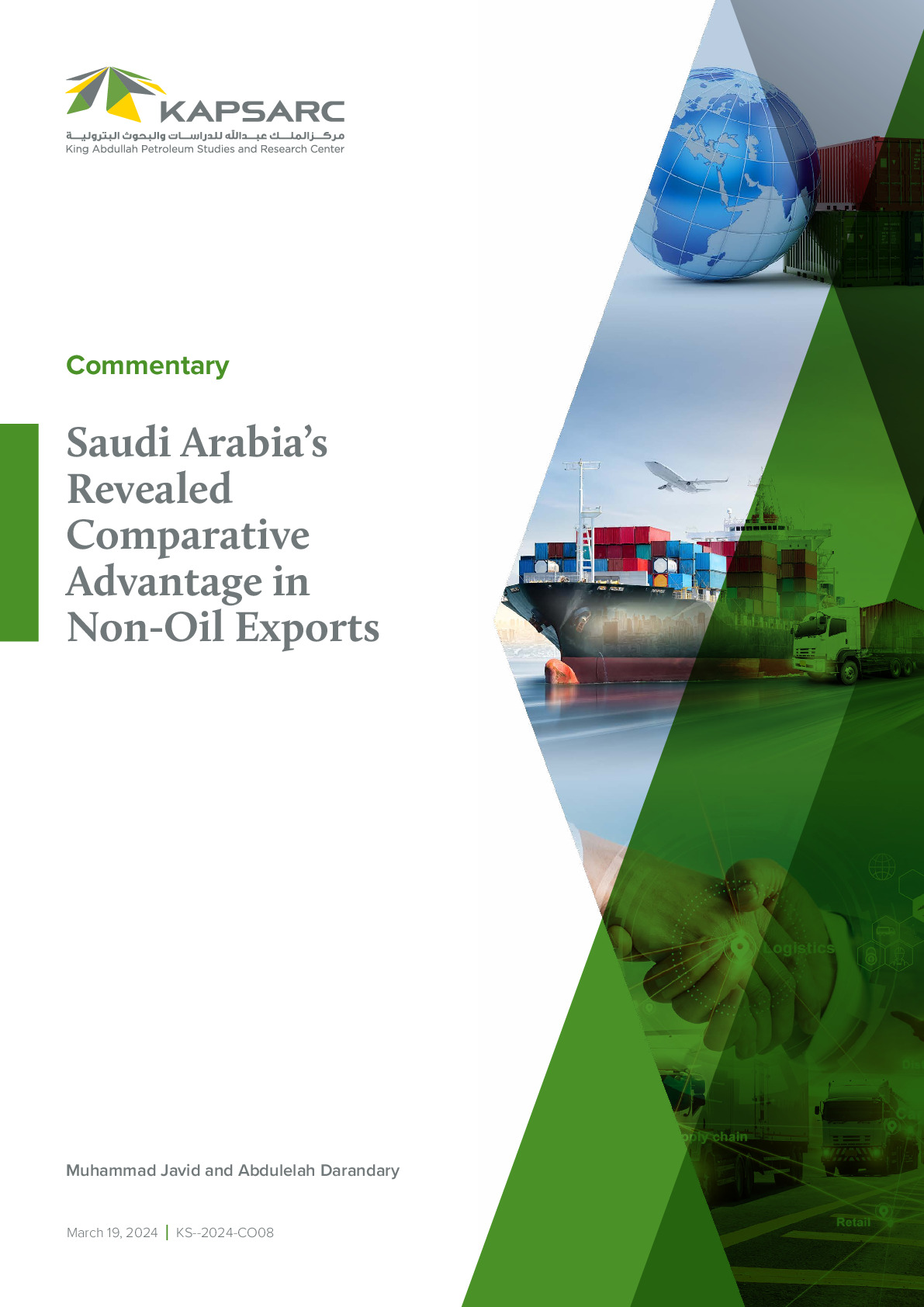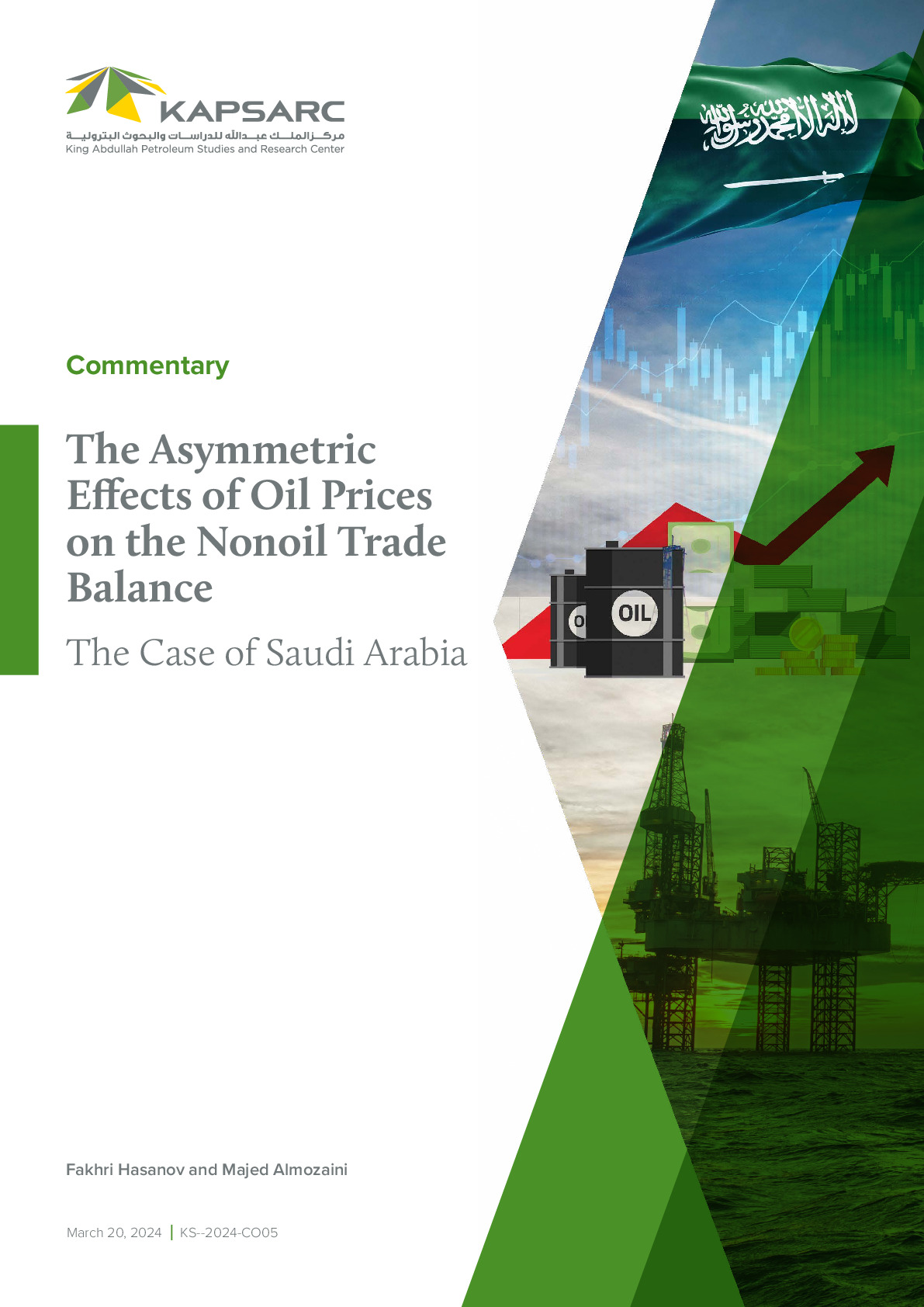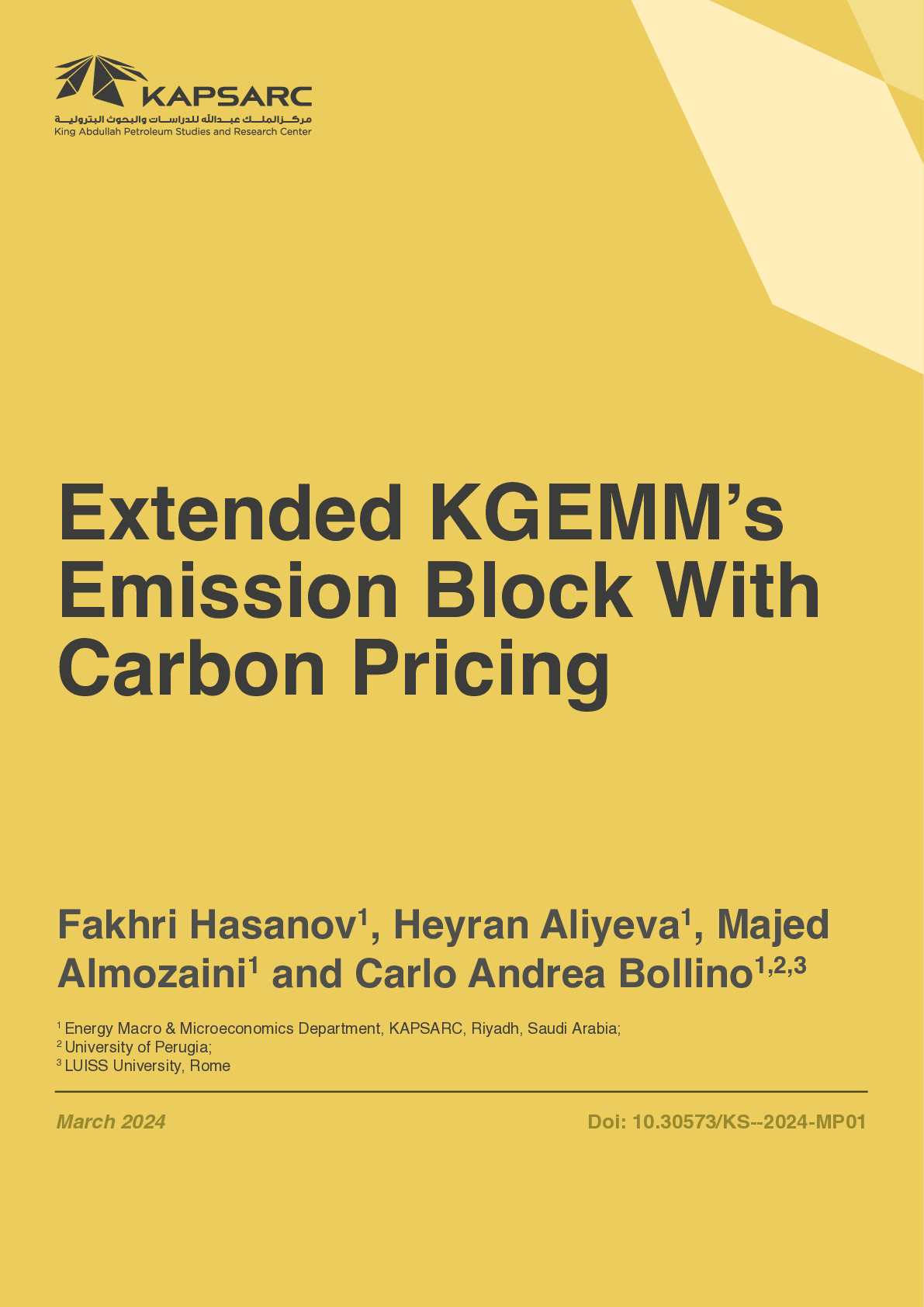International labor migration has played a key role in the development of both advanced and developing countries. Many developing countries in Asia have relied on labor migration, mainly to the oil-rich Gulf region, to reduce both unemployment and poverty (Naseem 2007). Mansoor and Quillin (2006) explain that poverty, unemployment and low wages in developing countries are the main drivers of migration from these countries. Higher wages and the potential for improved standards of living and professional development in resource-rich countries are pull factors for migration.

Senior Fellow
Muhammad Javid is a Senior Fellow in Energy Macro & Microeconomics at KAPSARC, currently working on the KAPSARC Global Energy…
Muhammad Javid is a Senior Fellow in Energy Macro & Microeconomics at KAPSARC, currently working on the KAPSARC Global Energy Macroeconometric Model (KGEMM) project. Before joining KAPSARC, Muhammad worked as a Senior Research Economist at the Pakistan Institute of Development Economics (PIDE) in Islamabad. During his 20+ years in research, Muhammad has worked extensively in the areas of energy, environment, econometric modeling, forecasting, and macroeconomics. He also has experience working for various research, academic, and governmental organizations, such as King Saud University in Riyadh, Saudi Arabia, and the Benazir Income Support Program in Pakistan. Muhammad has published several peer-reviewed articles on electricity demand, energy, inflation, and environmental issues. He received Pakistan’s Higher Education Commission’s Outstanding Research Award 2015/2016 for his research paper, “Environmental Kuznets curve and financial development in Pakistan,” published in Renewable and Sustainable Energy Reviews.
Expertise
- Econometric Modeling and Forecasting
- Energy and Environment
- Water Demand
Publications See all Muhammad Javid’s publications

Assessing the Impact of Water Price and Water-Use Efficiency on Domestic Water Demand in Saudi Arabia
International labor migration has played a key role in the development of both advanced and…
31st March 2024
Saudi Arabia’s Revealed Comparative Advantage in Non-Oil Exports
International labor migration has played a key role in the development of both advanced and…
25th March 2024



